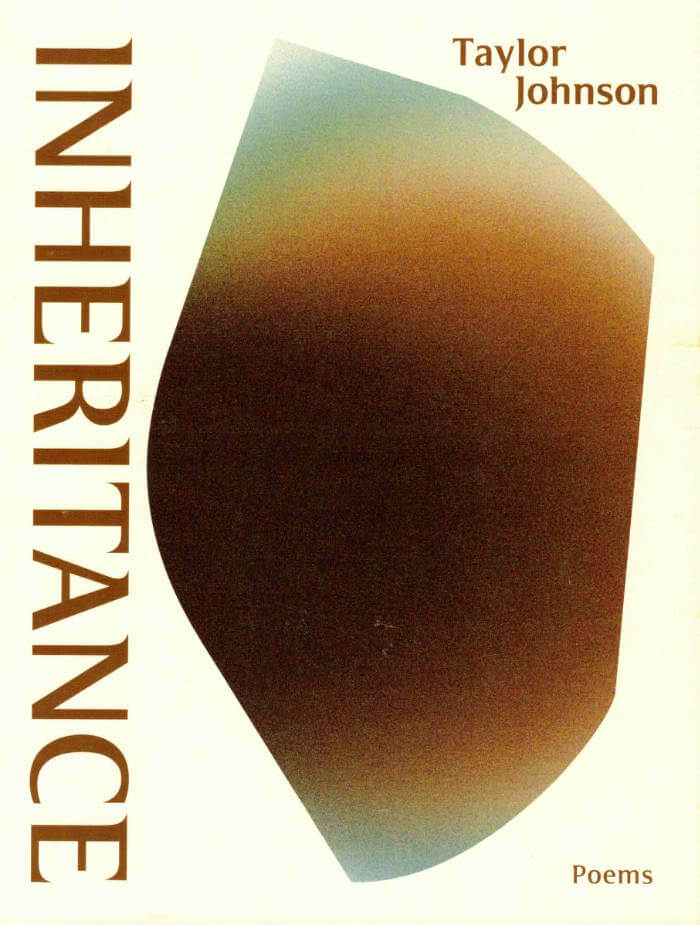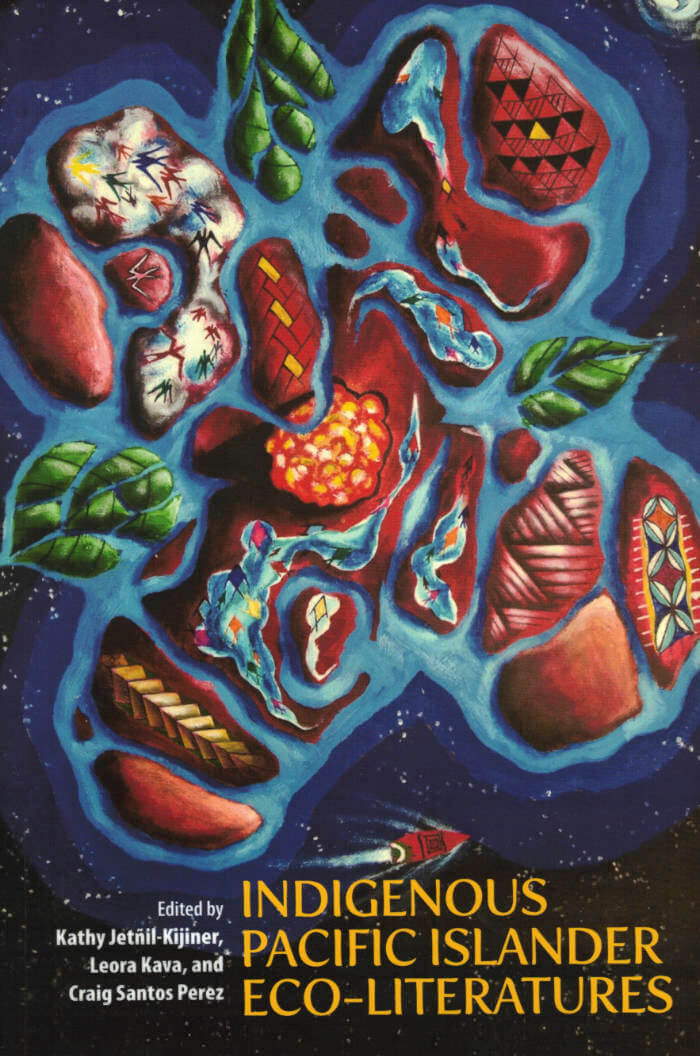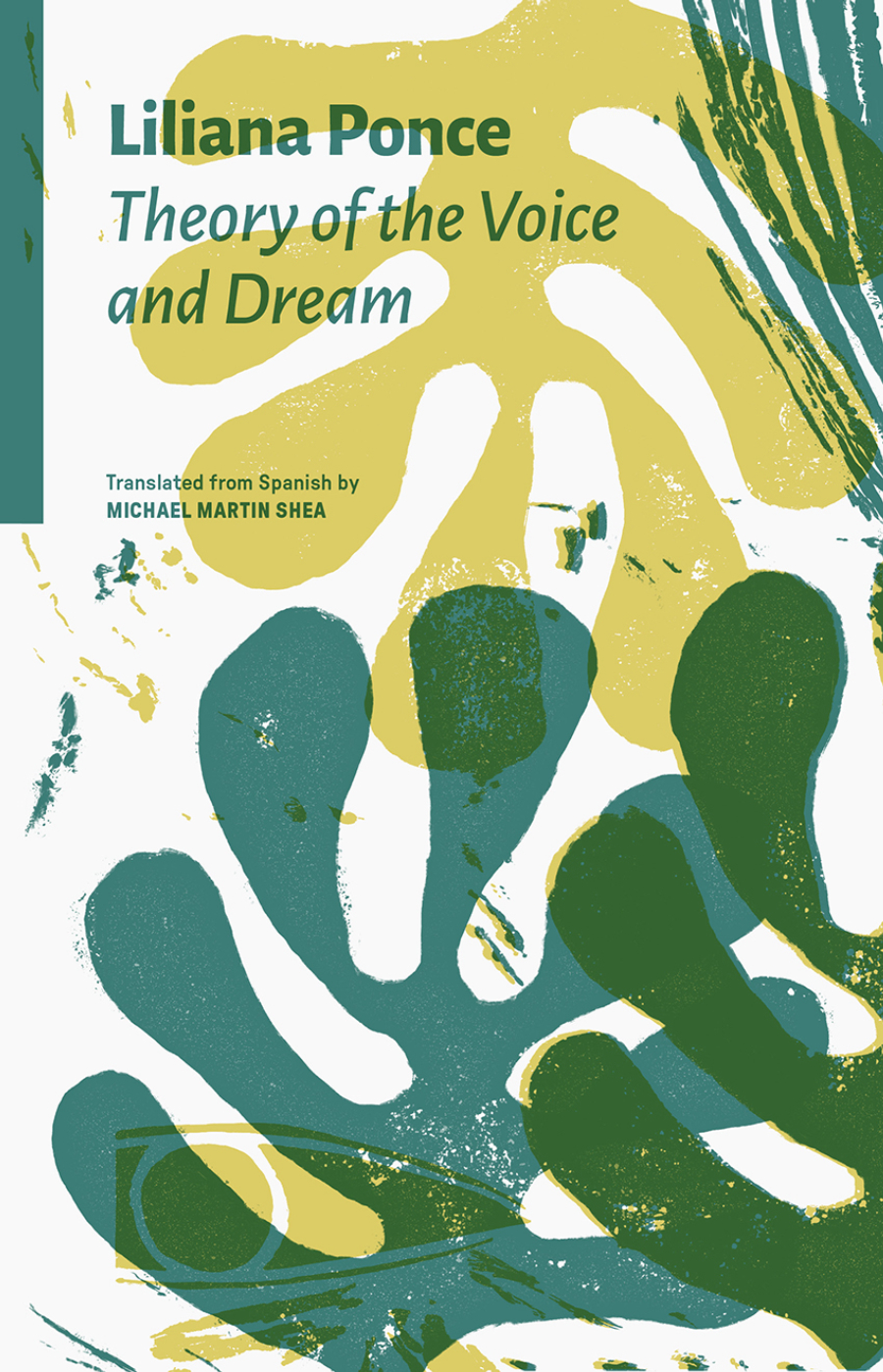
Inheritance
Taylor Johnson’s debut poetry collection, Inheritance, explores the complexities and limitations of language, physicality and capitalism. Resisting singularities, each poem emerges with a distinct sound, space and sensibility. Whether driving in a Lincoln Town Car; moving through pine forests and becoming immersed in the sounds of animals and nature; languishing in a lovers’ invitation, transcending from the syncopation of Go-go or walking the pavements of Washington D.C.—‘dissolving into sound’. Johnson’s critical perspective is rooted in connection. These poems gesture towards the tools we might need for living alongside rather than against or in spite of an inundation of daily oppressions. Be it redefining trans Blackness, environmental degradation, or land ownership and labour. With receptiveness and tenderness Johnson strolls around language, listening to silence—inheriting it, filling it and remaking it.
Language: English
![Cover of [45-120]](https://rile.space/storage/3794/01K7RPFBTZPK0NE1VQTCYB68XK.jpg)




